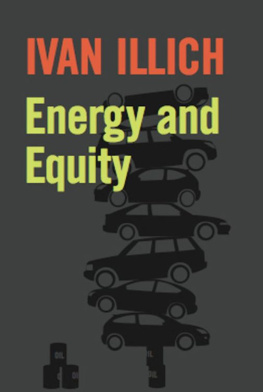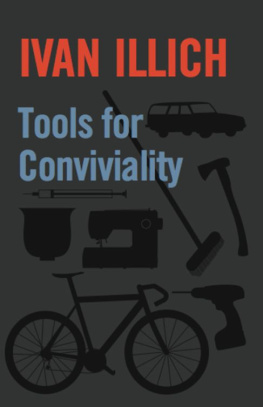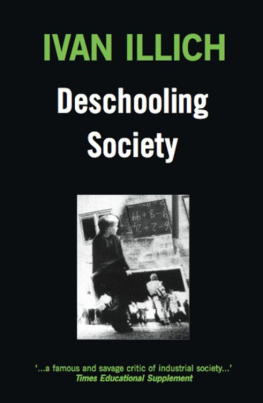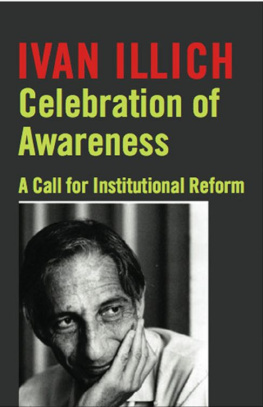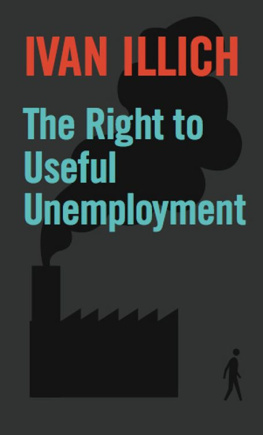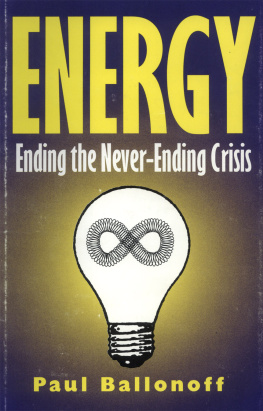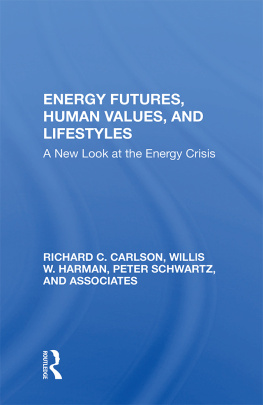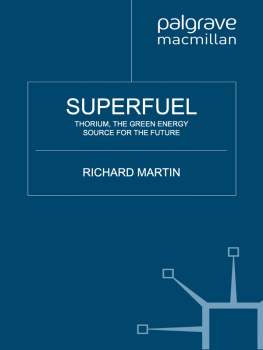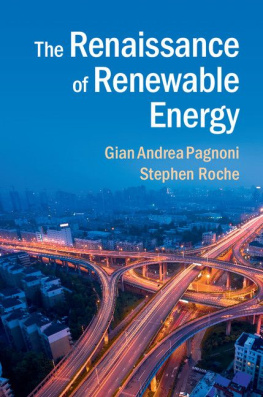Future editions of a paper may include the authors revisions and critical reactions from the public. Readers are invited to write directly to the author of the present volume at the following address:
Apdo. 479
Cuernavaca, Mor.
This essay is my summary of the discussions which took place in the course of two sessionsone in English, the other in Spanishof a seminar that met at the Center for Intercultural Documentation (CIDOC) in Cuernavaca, Mexico. I am grateful to my colleagues who contributed ideas, facts and criticism. Copies of the working papers of our ongoing seminar on the history of thermodynamics as applied to transportation can be obtained from Isaac Rogel, CIDOC Librarian, Apdo. 479, Cuernavaca , Mor., Mexico. I owe special thanks to Dennis Sullivan for his editorial assistance on this essay.
The seminar on traffic was one of the preparatory meetings for a consultation which Valentina Borremans is now organizing at CIDOC for 197576. The consultation will focus on the interlocking structure by which medical, legal, educational and energy-intensive agencies (such as those which produce transportation and housing) impose their paralysing monopoly on contemporary society. Although the context of our discussion is Latin America, its theme is pertinent to other regions.
During the next thirty months, the consultation ought to generate several more short working papers which are of general interest even though they are only vulnerable ideas in progress and in search of critique. Such essays cannot await the permanence of the book. They do not belong in the learned journal. They resist packaging in periodicals. The monopoly of publishers over the printed word too often pushes the tract into the mimeographs limbo or seduces the author to reshape his text to fit the available vehicles. To break this monopoly Marion Boyars has shaped the format of this series, and Dennis Sullivan has offered to edit and submit to her what our consultation might produce.
El socialismo puede llegar solo en bicicleta
Jos Antonio Viera-Gallo,
Assistant Secretary of Justice in the
Government of Salvador Allende
I T has recently become fashionable to insist on an impending energy crisis. This euphemistic term conceals a contradiction and consecrates an illusion . It masks the contradiction implicit in the joint pursuit of equity and industrial growth. It safeguards the illusion that machine power can indefinitely take the place of manpower. To face this contradiction and betray this illusion, it is urgent to clarify the reality that the language of crisis obscures: high quanta of energy degrade social relations just as inevitably as they destroy the physical milieu.
The proponents of an energy crisis confirm and continue to propagate a peculiar vision of man. According to this notion, man is born into prolonged dependence on slaves which he must painfully learn to master. If he does not employ prisoners, then he needs motors to do most of his work. According to this doctrine, the well-being of a society can be measured by the number of years its members have gone to school and by the number of energy slaves they have thereby learned to command . This belief is common to the conflicting economic ideologies now in vogue. It is threatened by the obvious inequity, harriedness and impotence that appear everywhere once the voracious hordes of energy slaves outnumber people by a certain proportion. The energy crisis focuses concern on the scarcity of fodder for these slaves. I prefer to ask whether free men need them.
The energy policies adopted during the current decade will determine the range of social relationships a society will be able to enjoy by the year 2000. A low energy policy allows for a wide choice of life styles and cultures. If, on the other hand, a society opts for high energy consumption, its social relations must be dictated by technocracy and will be equally distasteful whether labelled capitalist or socialist.
At this moment, most societiesespecially the poor onesare still free to set their energy policies by any of three guidelines. Well-being can be identified with high amounts of per capita energy use, with high efficiency of energy transformation, or with the least possible use of mechanical energy by the most powerful member of society. The first approach would stress tight management of scarce and destructive fuels on behalf of industry, whereas the second would emphasize the retooling of industry in the interest of thermodynamic thrift. Both attitudes necessarily imply huge public expenditures and increased social control; both rationalize the emergence of a computerized Leviathan, and both are at present widely discussed.
The possibility of a third option is barely noticed. While people have begun to accept ecological limits on maximum per capita energy use as a condition for physical survival, they do not yet think about the use of minimum feasible power as the foundation of any of various social orders that would be both modern and desirable. Yet only a ceiling on energy use can lead to social relations that are characterized by high levels of equity. The one option that is presently neglected is the only choice within the reach of all nations. It is also the only strategy by which a political process can be used to set limits on the power of even the most motorized bureaucrat. Participatory democracy postulates low energy technology. Only participatory democracy creates the conditions for rational technology.
What is generally overlooked is that equity and energy can grow concurrently only to a point. Below a threshold of per capita wattage, motors improve the conditions for social progress. Above this threshold, energy grows at the expense of equity. Further energy affluence then means decreased distribution of control over that energy.
The widespread belief that clean and abundant energy is the panacea for social ills is due to a political fallacy, according to which equity and energy consumption can be indefinitely correlated, at least under some ideal political conditions. Labouring under this illusion, we tend to discount any social limit on the growth of energy consumption. But if ecologists are right to assert that non-metabolic power pollutes, it is in fact just as inevitable that, beyond a certain threshold, mechanical power corrupts. The threshold of social disintegration by high energy quanta is independent from the threshold at which energy conversion produces physical destruction. Expressed in horsepower, it is undoubtedly lower. This is the fact which must be theoretically recognized before a political issue can be made of the per capita wattage to which a society will limit its members.
Even if non-polluting power were feasible and abundant, the use of energy on a massive scale acts on society like a drug that is physically harmless but psychically enslaving. A community can choose between Methadone and cold turkeybetween maintaining its addiction to alien energy and kicking it in painful crampsbut no society can have a population that is at once autonomously active and hooked on progressively larger numbers of energy slaves.

